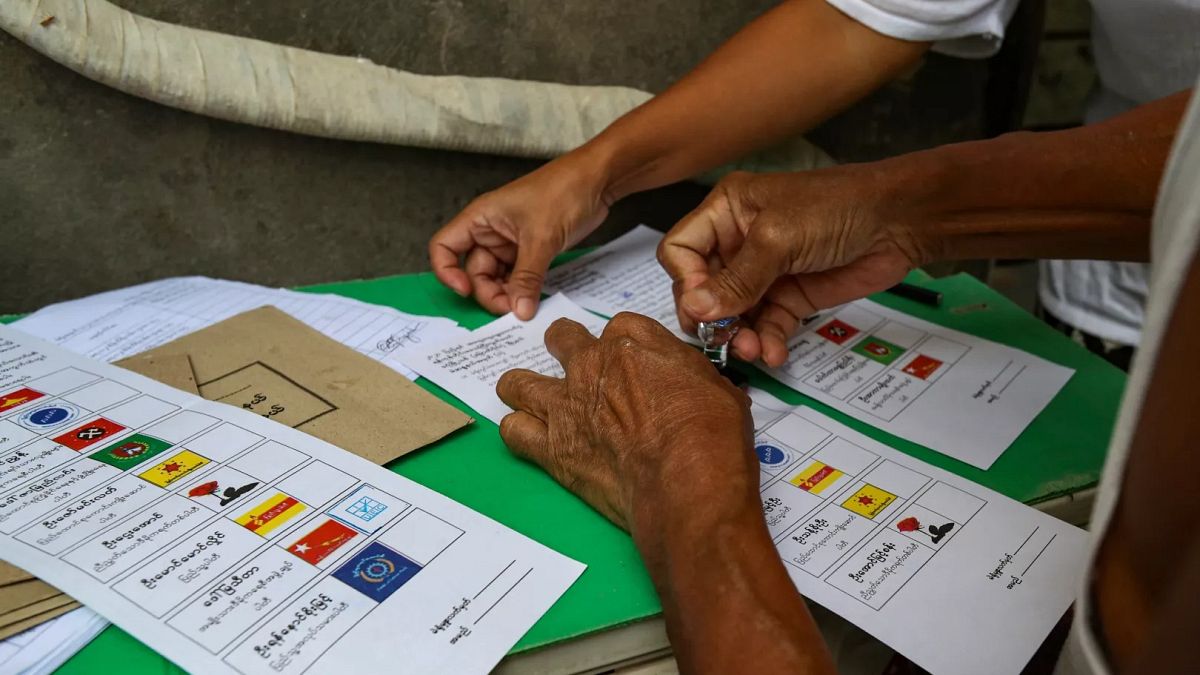

In the gentle ebb and flow of international developments, recent events have marked moments of reflection and engagement across various regions, bringing a mix of political activism and diplomatic propositions to the forefront.
In Ukraine, a nation persevering amid ongoing challenges, the restoration of independence to key anti-corruption bodies has engendered a sense of hope and resilience. Recently, the Ukrainian parliament passed a law that reestablished autonomy for two significant anti-corruption agencies, overturning legislation that had been approved earlier, which had sparked considerable public discord. This move comes amidst Ukraine’s broader aspirations to join the European Union and secure essential Western support as it continues to navigate the complexities of its geopolitical situation, especially with the ongoing conflict.
President Volodymyr Zelenskyy played an instrumental role in this development, signing the legislation amidst widespread public approval. Demonstrations in Kyiv following this legislative shift underscored the public’s commitment to transparency and integrity, with voices rallying under the powerful refrain that it is indeed the people who hold sovereignty. This legislative turnaround was a testament to the vibrancy of Ukrainian civil society and its influence in steering national governance towards greater accountability.
Transitioning to Southeast Asia, Myanmar has taken a significant step towards political transition by ending the state of emergency imposed in 2021. This development signals a potential shift in the political landscape as the nation prepares for elections scheduled in December. At the core of these transitions is the notable role change of the junta chief, symbolizing an impending evolution in Myanmar’s governance structures. While challenges remain, this moment invites cautious optimism and attentive watchfulness as Myanmar moves closer to potential democratic reformation.
Across in the Middle East, a thoughtful proposition has emerged from Javad Zarif, Iran’s former foreign minister. Zarif has introduced the idea of a cooperative forum that aims at regional civil nuclear collaboration in the Middle East and North Africa. This proposed UN-backed initiative seeks to transform the regional narrative on nuclear capability from one of potential conflict to cooperation, focusing on sharing enriched uranium for peaceful purposes. Joined by other influential figures like Mohsen Baharvand, this initiative aims to encourage dialogue and shared responsibility, reflecting a vision for a nuclear-free region.
Each of these developments, whether legislative, electoral, or diplomatic, offers a glimpse into the ongoing dialogue and evolution within different cultures and political systems. They remind us of the possibilities that arise when nations and leaders choose paths of accountability, transformation, and cooperation over division and discord.
As we observe the unfolding of these events, we are invited to consider the broader implications for regional stability, global cooperation, and the collective progress of societies. With a mindful eye, we can appreciate the subtleties of each step forward, celebrating the deep human capacity for change and resilience.
In a world where challenges abound, it is these narratives of thoughtful progress and sincere engagement that illuminate paths to a more harmonious and balanced future. Each story, whether from the heart of Europe, the soul of Asia, or the crossroad of the Middle East, adds to the rich tapestry of our shared global journey.
Source: {link}
